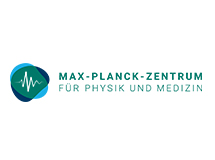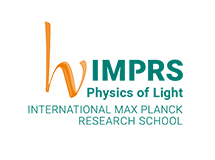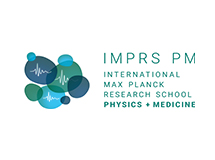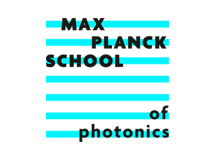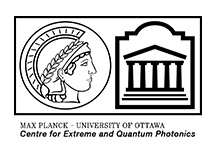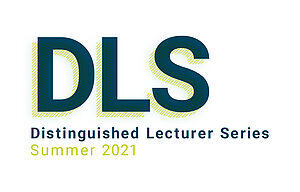
Christine Silberhorn - Non-linear integrated quantum optics with pulsed light
Virtual Lecture
Lecture available on YouTube
Abstract:
Quantum technologies promise a change of paradigm for many fields of application, for example in communication systems, in high-performance computing and simulation of quantum systems, as well as in sensor technology. They can shift the boundaries of today’s systems and devices beyond classical limits and seemingly fundamental limitations. Photonic systems, which comprise multiple optical modes as well as many nonclassical light quantum states of light, have been investigated intensively in various theoretical proposals over the last decades. However, their implementation requires advanced setups of high complexity, which poses a considerable challenge on the experimental side. The successful realization of controlled quantum network structures is key for many applications in quantum optics and quantum information science.
Here we present three differing approaches to overcome current limitations for the experimental implementation of multi-dimensional quantum networks: non-linear integrated quantum optics, pulsed temporal modes and time-multiplexing. Non-linear integrated quantum devices with multiple channels enable the combinations of different functionalities, such as sources and fast electro-optic modulations, on a single compact monolithic structure. Pulsed photon temporal modes are defined as field orthogonal superposition states, which span a high dimensional system. They occupy only a single spatial mode and thus they can be efficiently used in single-mode fibre communication networks. Finally, time-multiplexed quantum walks are a versatile tool for the implementation of a highly flexible simulation platform with dynamic control of the underlying graph structures and propagation properties.
Biography:
Christine Silberhorn is a German physicist specializing in quantum photonics, she is leading the Integrated Quantum Optics group and is spokesperson of the Institute of Photonic Quantum Systems (PhoQS) at Paderborn University. Silberhorn is best known for her research on the development of tailored integrated quantum devices and systems for use in quantum computing and quantum technology.
In 2005, Silberhorn was a Max Planck Research Group Leader in Erlangen, heading the Junior Research Group Integrated Quantum Optics until 2010, completing her habilitation in 2008. Her research work has been awarded by several prizes; most prominently she received the Gottfried Wilhelm Leibniz-prize in 2011 and a European Research Council grant in 2017. She is elected member of the Leopoldina, of the North Rhine-Westphalian Academy of Sciences, Humanities and the Arts, and Fellow of the Optical Society of America. In 2019 she also became a Fellow of the Max Planck School of Photonics.

